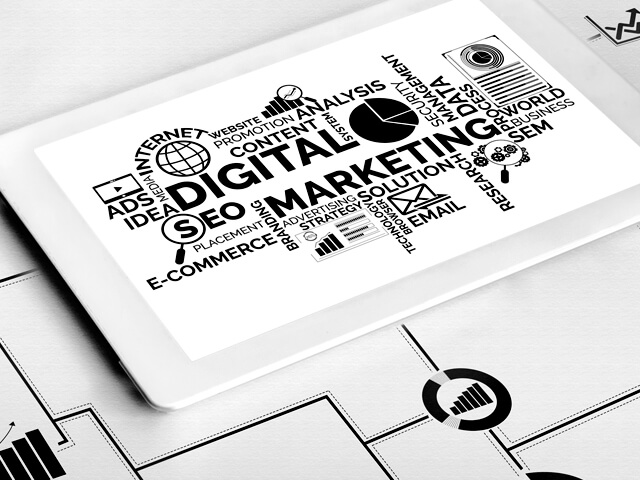In the fast-paced world of digital marketing, adaptation is the name of the game. Over the years, this dynamic landscape has witnessed a remarkable evolution, shaped by technological advancements, changing consumer behaviors, and innovative strategies. From the early days of banner ads to the era of artificial intelligence-driven campaigns, the journey of digital marketing is nothing short of fascinating.
The Dawn of Digital Marketing
The roots of digital marketing can be traced back to the 1990s when the internet began to gain widespread popularity. During this nascent stage, marketers experimented with rudimentary techniques like email marketing and static website advertisements. However, it wasn’t until the emergence of search engines like Yahoo! and Google that digital marketing truly began to take shape.
The Rise of Content Strategies
With the increasing prominence of online content consumption, marketers shifted their focus towards content strategies. This marked the rise of compelling storytelling through various mediums such as blogs, videos, and social media posts. By creating valuable and engaging content, brands could attract and retain the attention of their target audience, fostering brand loyalty and awareness.
The Social Media Revolution
The advent of social media platforms like Facebook, Twitter, and Instagram revolutionized the way brands interacted with their audience. Suddenly, marketing became a two-way conversation, with consumers actively participating in brand narratives. Influencer marketing emerged as a powerful tool, harnessing the reach and credibility of social media personalities to promote products and services to their followers.
Data-Driven Insights and Personalization
With the proliferation of digital touchpoints, marketers gained access to vast amounts of data about consumer preferences and behaviors. This paved the way for data-driven insights and personalized marketing strategies. By leveraging analytics platforms, brands could tailor their messaging and offers to suit the individual needs and interests of their audience, thereby enhancing the overall customer experience.

The Age of Artificial Intelligence
As technology continued to advance, artificial intelligence (AI) emerged as a game-changer in the realm of digital marketing. Machine learning algorithms enabled marketers to automate repetitive tasks, optimize advertising campaigns in real-time, and deliver hyper-targeted content to consumers. Chatbots revolutionized customer service, providing instant support round the clock, while predictive analytics empowered brands to anticipate consumer behavior and adapt their strategies accordingly.
Looking Ahead: The Future of Digital Marketing
As we stand on the cusp of a new era, the future of digital marketing holds endless possibilities. Augmented reality (AR), virtual reality (VR), and voice search are poised to redefine the way brands engage with consumers, offering immersive experiences and seamless interactions. Blockchain technology promises greater transparency and security in digital advertising, mitigating fraud and enhancing trust between brands and consumers.
In conclusion, the evolution of digital marketing is a testament to the relentless march of innovation and creativity. From its humble beginnings to its current state of sophistication, digital marketing has continually adapted to meet the ever-changing needs of consumers and businesses alike. As we embrace the opportunities that lie ahead, one thing remains certain – the journey of digital marketing is far from over. Please take a moment to visit their page to get a more important marketing strategy.


